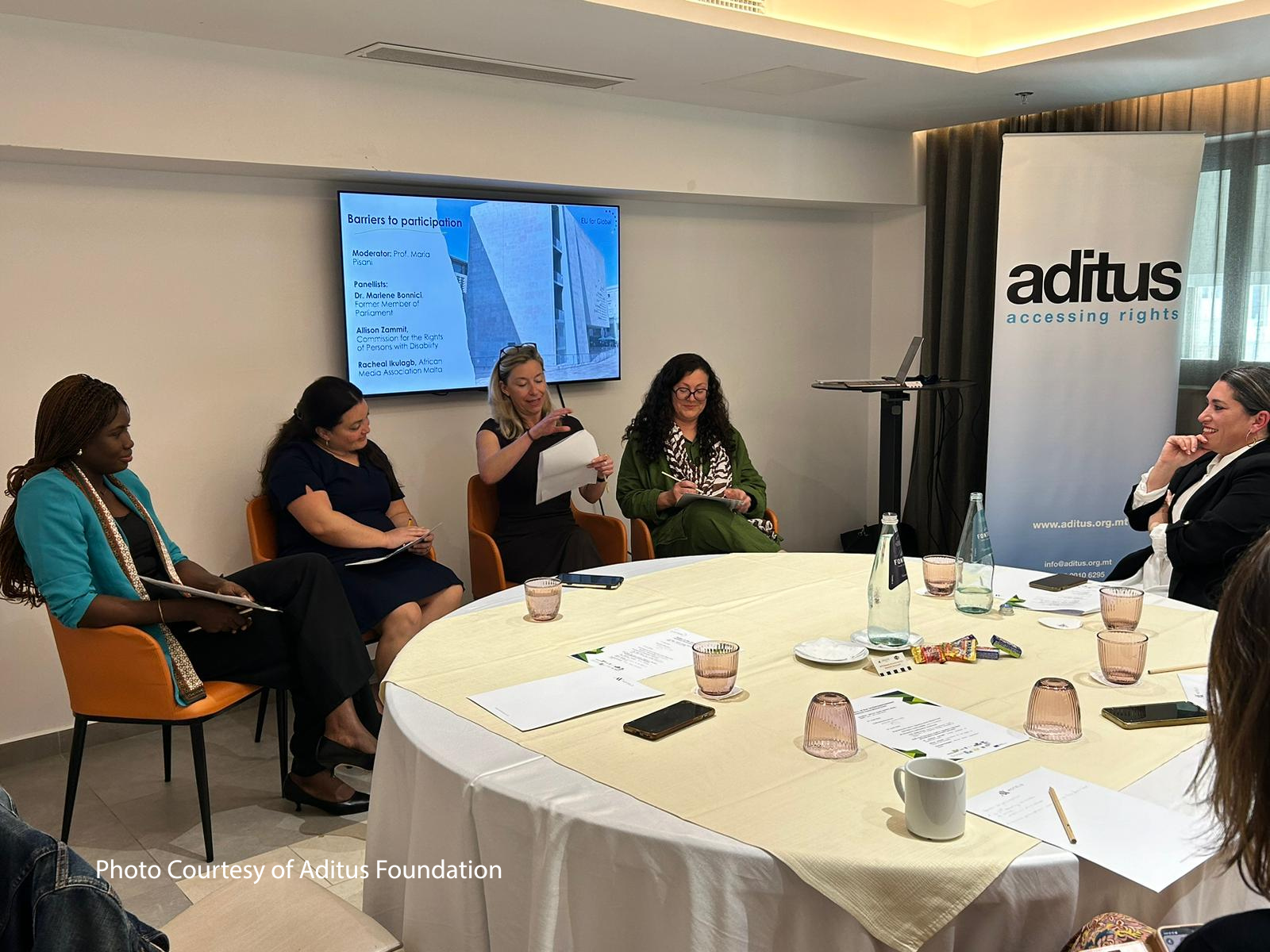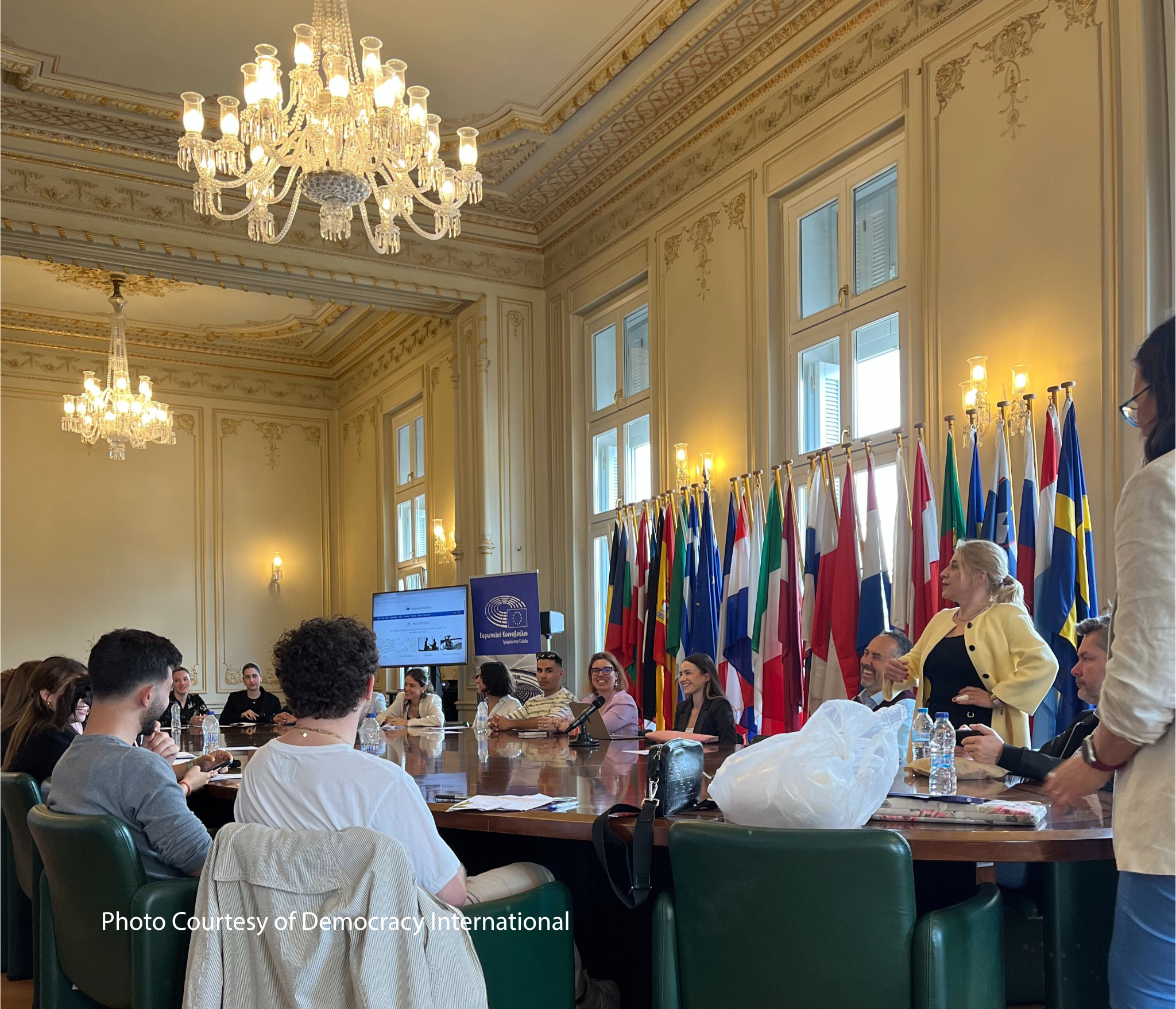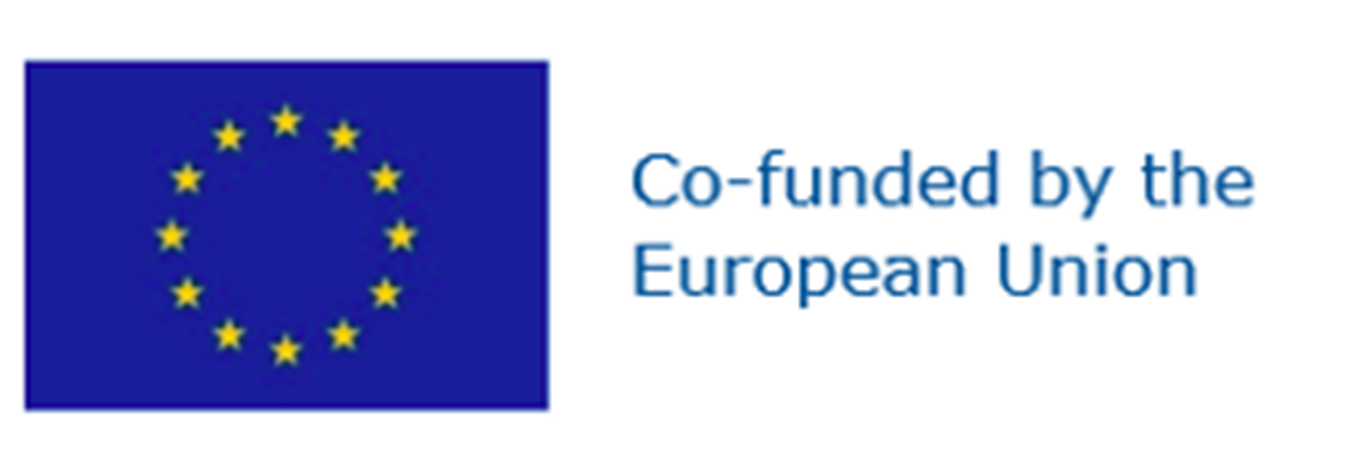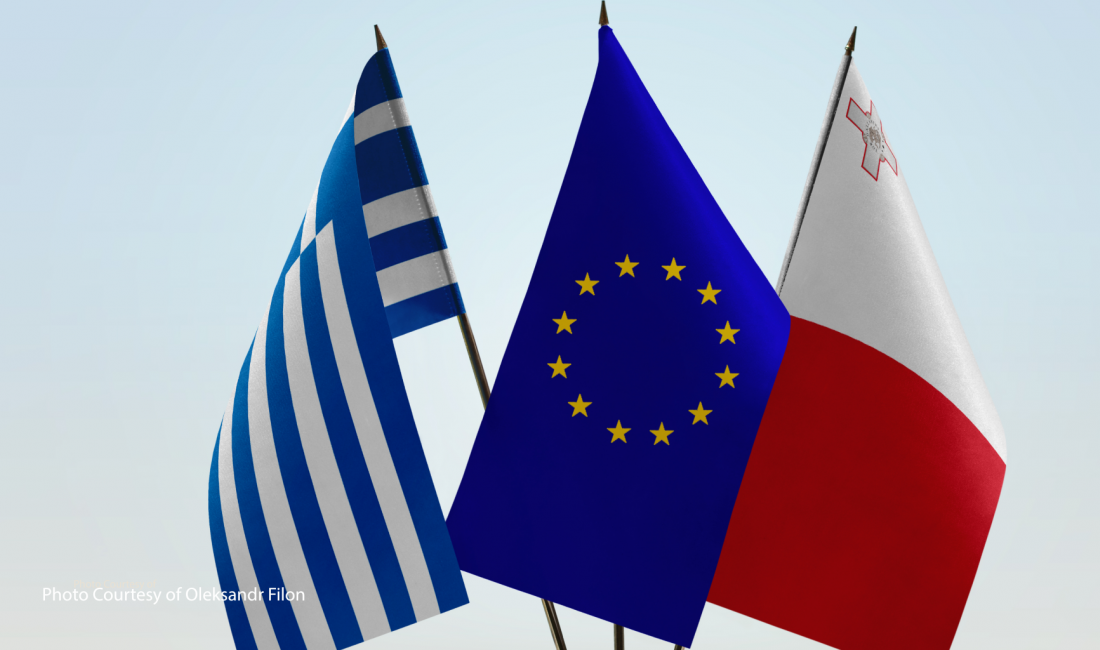EU for Global headed to Europe's southern borders, Malta and Greece, to hear directly from citizens on the frontlines of key democratic debates. From migration and human rights to democratic participation and institutional reform, participants shared bold ideas for a more inclusive and responsive European Union.
As part of the EU for Global project, citizens from across Europe, including Belgium, Greece, Malta, France, Germany, Denmark, Romania, Latvia, Bulgaria and Spain, gathered to discuss pressing democratic challenges that transcend national borders. These transnational panels brought together a diverse range of participants, from experts and activists to everyday citizens, to deliberate on complex cross-border democratic issues. Their collective goal was to provide citizen-led policy recommendations to the European Union.
Malta Transnational Panel
Held over three days, from 2 to 4 April 2025, Malta’s transnational panel fostered rich dialogue among participants from various sectors of society. The discussions centred around two main themes:
Barriers to Participation
Participants explored how systemic inequalities hinder participation, especially among youth, migrants, people with disabilities and underrepresented ethnic communities. They highlighted flaws in democratic institutions regarding gender representation, inclusive policymaking and equitable political access.

The Notion of Democratic Participation
This theme, on the other hand, examined how electoral systems can exclude minority voices and emphasised the critical role of civil society in promoting institutional accountability and inclusive representation. Participants engaged in Knowledge Cafés- an interactive space designed to spark reflective conversation. They examined both external and personal barriers to political participation and shared context-specific understandings of democratic engagement.
From inclusive voting to civic education and digital engagement, the Malta Transnational Panel put forward bold, citizen-driven ideas to strengthen democracy across Europe. Their recommendations touch on accessibility, youth participation, local empowerment and more. Curious about the full list?
Dive into the detailed policy proposals on the EU for Global platform.

Greece Transnational Panel
Following the Malta transnational panel, from April 24 to 26, Greece hosted the second transnational panel. Where participants examined the dual themes of migration and the nature of democracy in the EU. Discussions focused on gendered and humanitarian dimensions of migration and how the EU can serve as a leading global actor in migration governance. Participants were mainly divided into the following two discussion tracks.
Democracy in the EU
Discussions related to the nature of democracy within the EU led to insightful recommendations where citizens reflected on how to make EU democracy more participatory and responsive. Participants highlighted the need to modernise democratic processes, such as through electronic voting and greater use of social media to engage youth, while also improving transparency and reinforcing institutional accountability. The proposals reflect a vision for a more connected and accessible EU, where citizens can engage meaningfully at both the European and global levels.

The EU in the World and Migration Issues
Moreover, discussions on migration focused on creating fairer and more humane approaches to mobility within and beyond the EU. Participants called for greater support systems for migrants and refugees, including access to essential services and limited political rights. They stressed the importance of cultural and historical ties in shaping migration policy, and advocated for reforms to Frontex and better coordination among EU states. The balanced “soft and hard” border approach reflects citizens’ desire to uphold EU values while managing migration effectively and ethically.
For an in-depth overview of the policy recommendations for Greece, please visit the EU for Global recommendations page here.
As such, the Malta and Greece panels within the EU for Global project have generated powerful insights into the democratic and humanitarian challenges facing Europe today. Through inclusive dialogue and cross-border deliberation, citizens are shaping forward-looking policy discussions that aim to make the European Union more participatory, responsive and globally relevant. These panels emphasise the importance of embedding citizens at the core of European policymaking for a more just, inclusive and democratic future.
To read all the recommendations collected throughout Europe during Local and Transnational Citizens' Panels, click here: (https://www.euforglobal.info/recommendations/)





